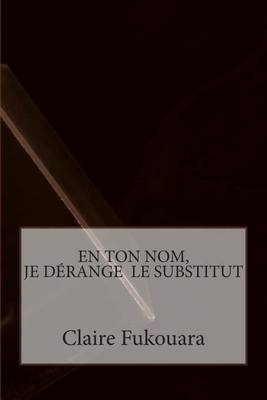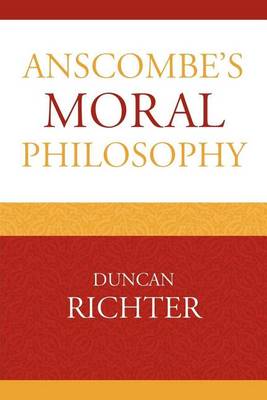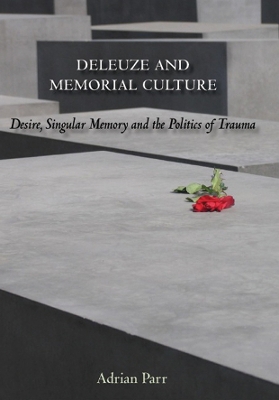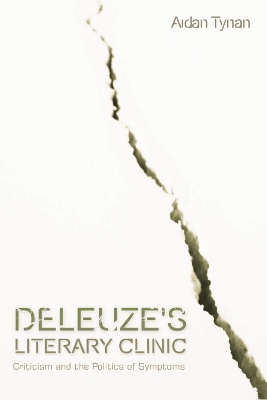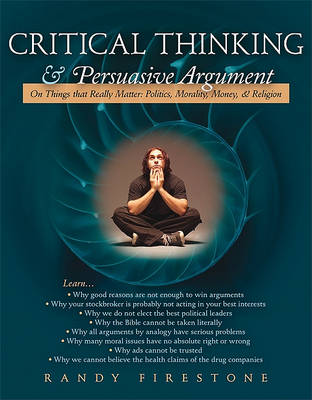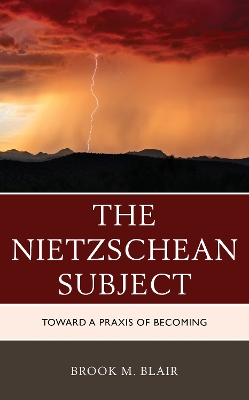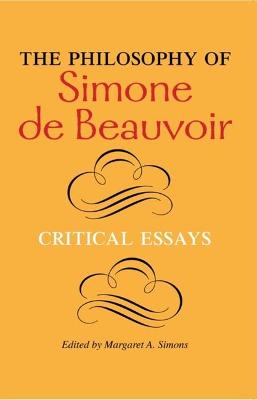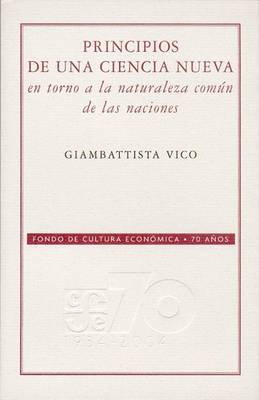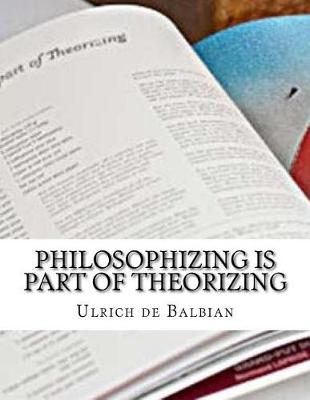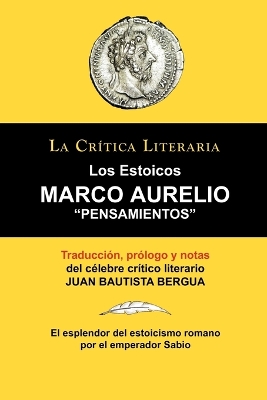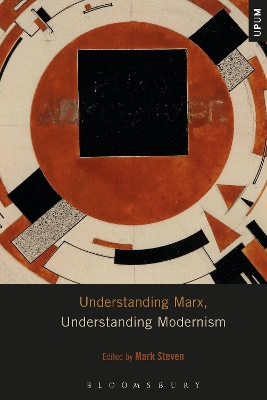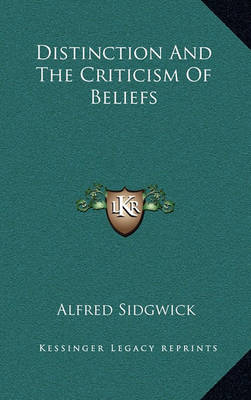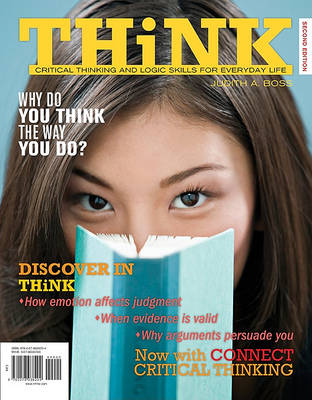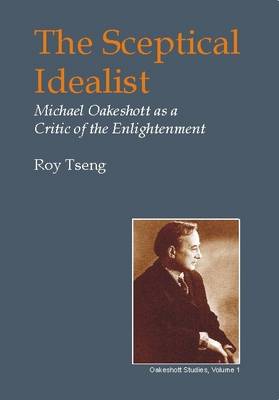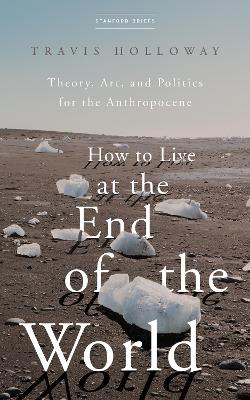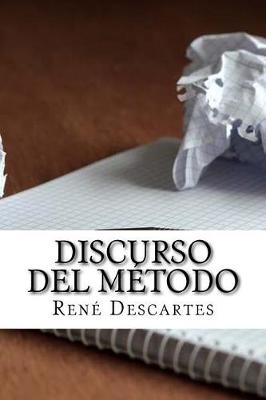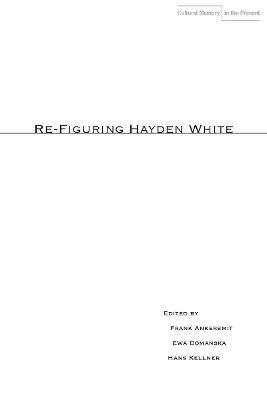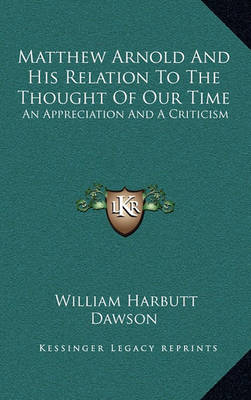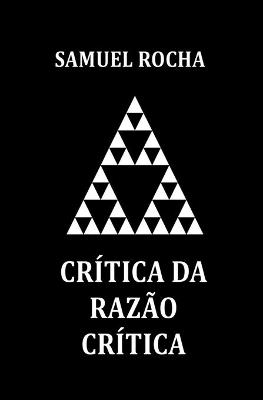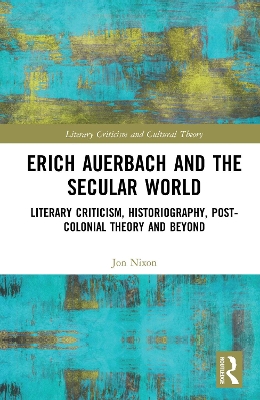The Logic of Liberal Rights (Routledge Studies in Twentieth-Century Philosophy)
by Eric Heinze
The Logic of Liberal Rights uses basic logic to develop a model of argument presupposed in all disputes about civil rights and liberties. No prior training in logic is required, as each step is explained. This analysis does not merely apply general logic to legal arguments but is also specifically tailored to the issues of civil rights and liberties. It shows that all arguments about civil rights and liberties presuppose one fixed structure and that there can be no original argument in rights di...
G.E.M. Anscombe (1919-2001) was one of the most important, outspoken, and misunderstood philosophers of the twentieth century. More than anyone else she revived virtue ethics and the philosophy of action. She was also almost alone in publicly opposing Oxford University's decision to award an honorary degree to President Truman. She regarded his decision to authorize bombing Hiroshima and Nagasaki as murderous. Some liberals admire her for this stand, but conservatives also admire her for her opp...
Deleuze and Memorial Culture is a detailed study of contemporary forms of public remembrance. Adrian Parr considers the different character traumatic memory takes throughout the sphere of cultural production and argues that contemporary memorial culture has the power to put traumatic memory to work in a positive way. Drawing on the conceptual apparatus of Gilles Deleuze, she outlines the relevance of his thought to cultural studies and the wider phenomenon of traumatic theory and public rememb...
Deleuze's Literary Clinic (Plateaus - New Directions in Deleuze Studies)
by Dr. Aidan Tynan
The first study of Deleuze's critical and clinical project Aidan Tynan addresses Deleuze's assertion, that 'literature is an enterprise of health', and shows how a concern of health and illness was a characteristic of his philosophy as a whole, from his earliest works to his groundbreaking collaborations with Guattari, to his final, enigmatic statements on 'life'. He explains why alcoholism, anorexia, manic depression and schizophrenia are key concepts in Deleuze's literary theory, and shows how...
Based upon an attentive reading of Nietzsche's writings and situated within a framework derived largely from such post-Nietzschean thinkers as Deleuze, Guattari, Klossowski, Foucault, Derrida, Negri, and Sloterdijk, this study develops a treatment of Nietzsche's philosophical enterprise as constituting a materialist metaphysics of pure becoming, of pure immanence and the power of the virtual. It thus seeks to challenge traditional characterizations of Nietzsche as laying claim either to the end...
The Philosophy of Simone de Beauvoir (A Hypatia Book) (Hypatia)
Since her death in 1986 and the publication of her letters and diaries in 1990, interest in the philosophy of Simone de Beauvoir has never been greater. In this engaging and timely volume, Margaret A. Simons and an international group of philosophers present 16 essays that reveal Beauvoir as one of the century's most important and influential thinkers. As they set Beauvoir's work into dialogue with Husserl, Merleau-Ponty, Heidegger, Foucault, Levinas, and others, these essays consider questions...
Elements of Criticism (The Thoemmes Library of eighteenth century texts, #7)
by Henry Home Kames
In his exemplary clear style, Warburton introduces and assesses twenty-seven philosophical classics from Plato's Republic to Rawls' A Theory of Justice. For the third edition there is new text design and revised further reading make this the ideal book for all students, while three new chapters on Nietzsche's Beyond Good and Evil, Russell's The Problems of Philosophy and Sartre's Existentialism and Humanism mean that all the A Level set texts are covered. This brisk and invigorating tour throug...
Understanding Marx, Understanding Modernism (Understanding Philosophy, Understanding Modernism)
A concentrated study of the relationships between modernism and transformative left utopianism, this volume provides an introduction to Marx and Marxism for modernists, and an introduction to modernism for Marxists. Its guiding hypothesis is that Marx's writing absorbed the lessons of artistic and cultural modernity as much as his legacy concretely shaped modernism across multiple media.
All critical thinking texts aim to make their students critical thinkers for life, but unlike other texts, THiNK was written from the framework of understanding that students approach their worlds from a place of opinions and feelings. Judith Boss begins by proposing three stages of critical thinking development: Dualism thinking things are either right or wrong; Relativism accepting that not everything is right/wrong, and subsequently thinking all opinions are equally valid, and finally, Commit...
Sceptical Idealist (British Idealist Studies, Series 1: Oakeshott)
by Roy Tseng
This is the first book-length study to provide a structured interpretation of the significance of Michael Oakeshott's critique of the Enlightenment. By seeing the thinker as a 'sceptical idealist' posing a serious challenge to the intellectual positions informed by the Enlightenment, this book attempts to resolve some of the issues debated by Oakeshott scholars. The author argues that Oakeshott's famous critique of philosophisme and Rationalism in fact expresses a sense of the crisis of philosop...
Assessing the dawn of the Anthropocene era, a poet and philosopher asks: How do we live at the end of the world? The end of the Holocene era is marked not just by melting glaciers or epic droughts, but by the near universal disappearance of shared social enterprise: the ruling class builds walls and lunar shuttles, while the rest of us contend with the atrophy of institutional integrity and the utter abdication of providing even minimal shelter from looming disaster. The irony of the Anthropocen...
Discurso del Metodo (Clasicos Universales (Losada), #31) (Biblioteca Edaf, #22)
by Rene Descartes
Produced in honor of White's eightieth birthday, Re-Figuring Hayden White testifies to the lasting importance of White's innovative work, which firmly reintegrates historical studies with literature and the humanities. The book is a major reconsideration of the historian's contributions and influence by an international group of leading scholars from a variety of disciplines. Individual essays address the key concepts of White's intellectual career, including tropes, narrative, figuralism, and t...
Matthew Arnold and His Relation to the Thought of Our Time
by William Harbutt Dawson
From Kant to Davidson (Routledge Studies in Twentieth Century Philosophy)
Recent philosophy has seen the idea of the transcendental, first introduced in its modern form in the work of Kant, take on a new prominence. Bringing together an international range of younger philosophers and established thinkers, this volume opens up the idea of the transcendental, examining it not merely as a mode of argument, but as naming a particular problematic and a philosophical style. With contributions engaging with both analytic and continental approaches, this book will be of essen...
Erich Auerbach and the Secular World (Literary Criticism and Cultural Theory)
by Jon Nixon
Auerbach was one of the foremost literary critics of the 20th century whose work has relevance within the fields of literary criticism, historiography and postcolonial theory. The opening chapter of this book explains how he understood the task of interpretation and his role as an interpreter. The following chapter outlines the important phases in his life with reference to the writers and thinkers who influenced him in his thinking and practice. The central chapters of the book focus on specifi...
